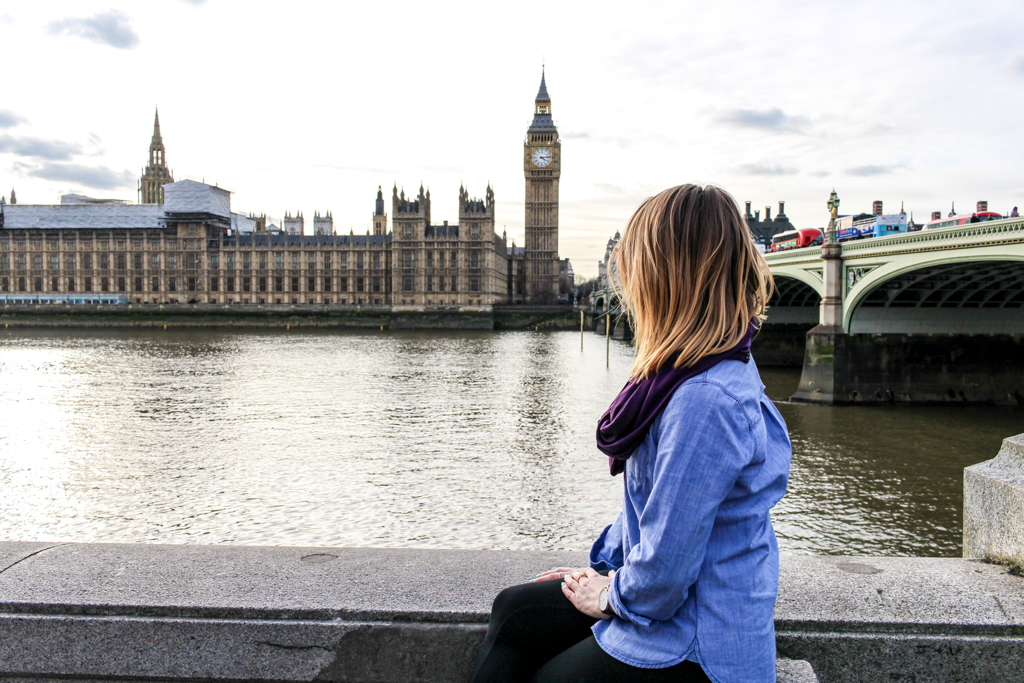Have you ever dreamed of living a location independent lifestyle?
Of having the freedom to move to a new city whenever you pleased or taking trips on a whim without needing your boss’ permission?
It was my dream, too, and so a few years ago I set out in pursuit of it.
What I’ve learned since that time is that, while it does afford me so many of the freedoms I was looking for, a location independent lifestyle is not without its challenges.
In living it for myself and meeting so many others with the same dream, I’ve encountered the many challenges we’ve all faced at one time or another.
Below are five challenges of a location independent lifestyle, and some practical ways to overcome them so you can continue living the life you’ve always dreamed of.
5 challenges of a #locationindependent lifestyle (and how to conquer them) Click To Tweet1. Distance from people you love
A life lived on the road means you’ll likely be far away from people you care about more often than not. Sometimes, you’ll miss big moments in people’s lives. Other times, you’ll miss out on opportunities to be there for them in times of need.
Kim André Langholz, an entrepreneur from Denmark, learned this lesson the hard way:
“When my wife and I started traveling, my grandmother had recently been diagnosed with cancer,” he explained.
“Whenever we had an opportunity to visit Denmark we would grab it just to see her one last time. And every time, it broke my heart saying goodbye to her not knowing if this was the last goodbye, but that was the deal and she wouldn’t want it another way.”
Unfortunately, distance from the people you love is often par for the course when living a location independent lifestyle, especially when travel is your primary motivation for seeking out this way of life in the first place.
“Before traveling,” Kim continued, “I felt like I had an eternity with my loved ones and now I’ve realized that if I’m not going to start a family in Denmark I will, realistically, only be seeing them 1-3 times per year in the years I’m lucky enough to have them around.”
The solution to this very real challenge will look different for everyone.
For me, the course of action that made the most sense was simply to move back to the region where I grew up, where most of my friends and family still reside.
While I never imagined moving back to my hometown, the ability to regularly see friends and family, attend weddings, baby showers, and birthdays, and rebuild friendships that had fallen by the wayside due to my travels are what have made the decision worthwhile.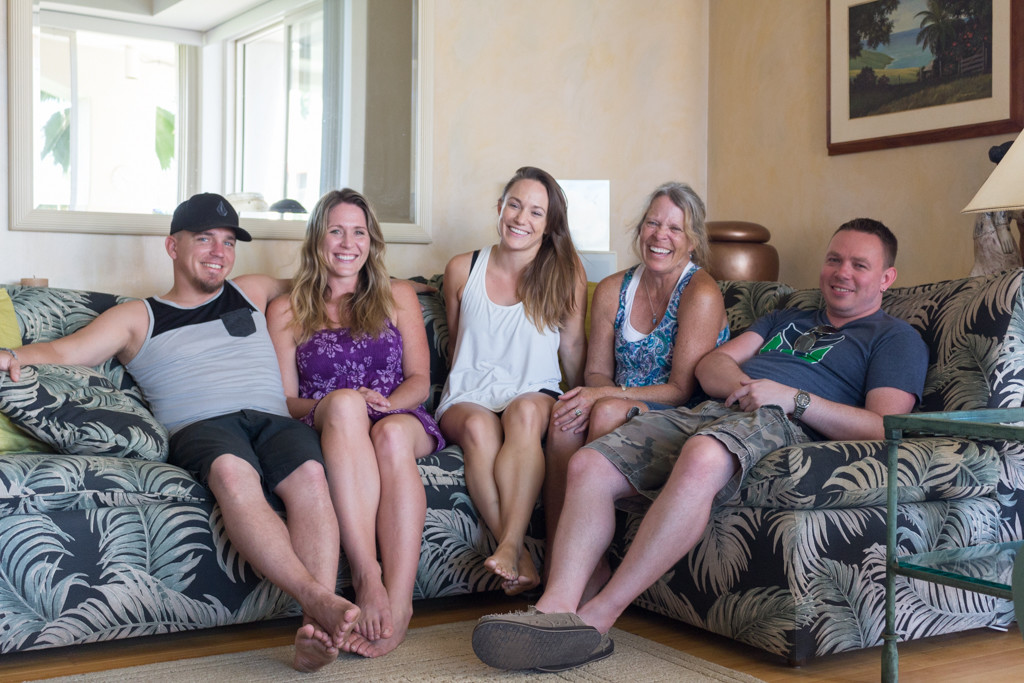
Another solution could be to determine how often you want to visit friends and family throughout the year and factor those flights and other transportation into your budget ahead of time.
Advanced planning will be necessary in the latter scenario, since you may well be on the other side of the world where last-minute flights are not an option; but if seeing friends and family is important to you then it will be worth the extra preparation.
2. Loneliness
“How can you be lonely?” my well-meaning friends would invariably ask me. “You always seem to be meeting new people.”
Yes, with enough time on the road, most travelers become quite adept at making new friends.
Meeting people is the easy part; I was rarely alone even during my solo travels, and it’s not hard to see how this would look deceiving from an outsider’s perspective.
What’s truly rare, however, is a meaningful connection, and the other thing lacking in the large majority of new friendships is longevity.
Even if you do meet someone with whom you connect, you’ll likely be saying goodbye after just a few days, weeks, or months at the most.
And this is true for every type of traveler; once you add work into the mix, things become even more challenging.
When I first began working my tail off to make enough money to keep traveling, I felt like a pariah. The average traveler just did not understand why I was hunched over a laptop instead of out enjoying my destination.
This led me to avoid hostels entirely, opting instead for private rooms, Airbnbs, apartments, and hotels–there’s nothing worse than being in a social environment when you just don’t have the time to be social.
Friends from home might not be of much help, either; we all know that keeping in touch in different time zones can be hit-or-miss, and they may not understand or be sympathetic to your struggle.
“A lot of your friends back home don’t understand what you are doing so it is important to find people all around the world who get what you do,” says Stéphanie, a language teacher and blogger originally from Belgium.
Allison Green, who freelances part-time while traveling, tends to agree. She admits, “It’s hard not to have a network of friends who you can physically see at any point and have a heart-to-heart with.”
To that end, finding a community of other remote workers is key; co-working and co-living services have sprung up all over the world as a way to ease the loneliness many of us feel and bring us together with like-minded people.
These environments give us a chance to network and, perhaps more importantly, commiserate, with others living a similar lifestyle.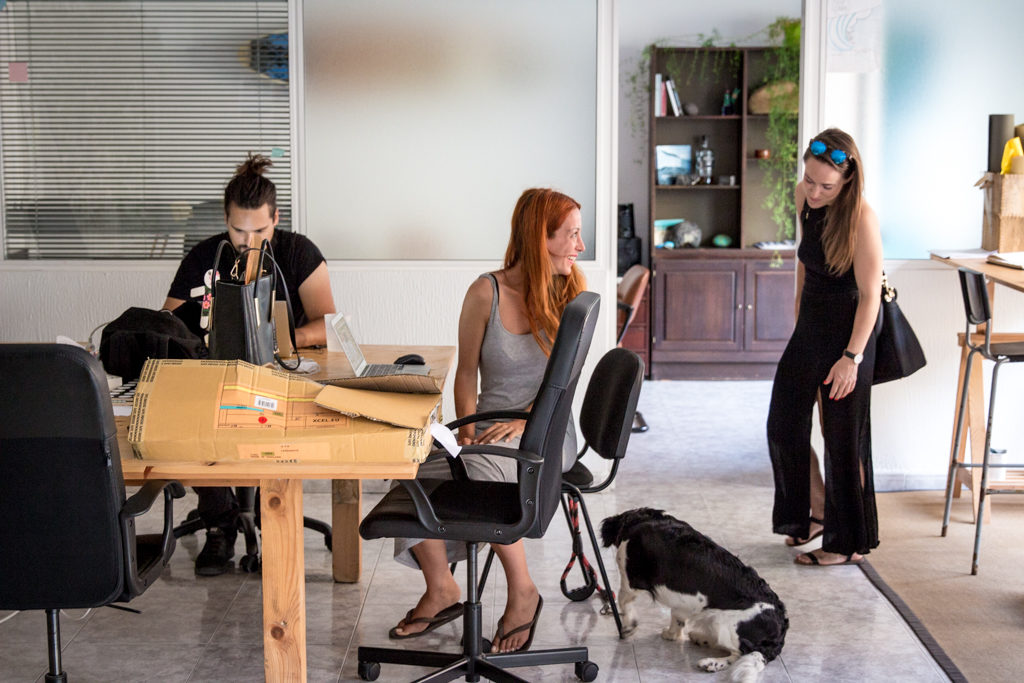
Finding a community on the road can be challenging, but it’s SO important. Remote Nomad gives some great ideas for meeting other remote workers, including Facebook groups, Slack groups, and an app called Nomadbase.
Another great option is NomadList, a collection of chat rooms connecting remote workers in cities all over the world.
3. Time management & productivity
If I had a nickel for every time a location independent friend of mine lamented their daily struggle with time management and productivity, well, I’d have a lot of nickels.
When you work for yourself, you’ve got to be the one cracking the whip, and while this sounds great in theory, it takes a lot of willpower to put this into practice.
“Making my own schedule was always my ultimate goal,” says Eva, “but I am now realizing how challenging that can be.”
Eva, a travel-lover and former aspiring actress, found a remote position with a travel startup by creating a profile on Upwork, but soon realized that traveling and working at the same time was a whole new ballgame:
“It’s up to me to accomplish my tasks in a timely manner,” she says. “It’s always extremely easy to slack off if I don’t feel like working, so I have to be my own boss.”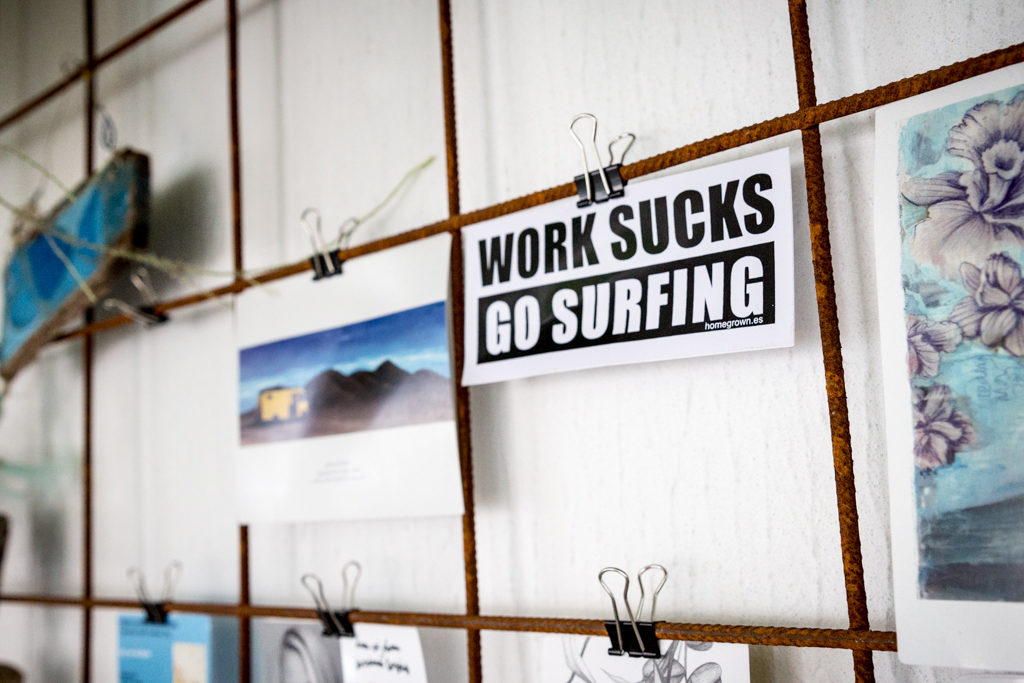
Amy, one half of the blogging duo Two Drifters, explains their work policy matter-of-factly:
“When you’re seeing new, exciting places, it can be soooo tempting to head out and explore. But nope. Work first, explore later. That’s the only way to ensure we can keep on adventuring long-term.”
For me, it has been a matter of figuring out which hours of the day I’m most creatively energized. These hours just so happen to be early in the morning and late at night.
Any non-work activities take place in the middle of the day when I hit a slump. This includes working out, running errands, or getting out of the house to explore.
I’ve found that I just can’t force work to happen when I’m not feeling it, so I work with my creative flow instead of against it.
I’m also easily distracted, so I find it best to work in isolation rather than in a noisy cafe or even a co-working space. Noise-canceling headphones are a plus.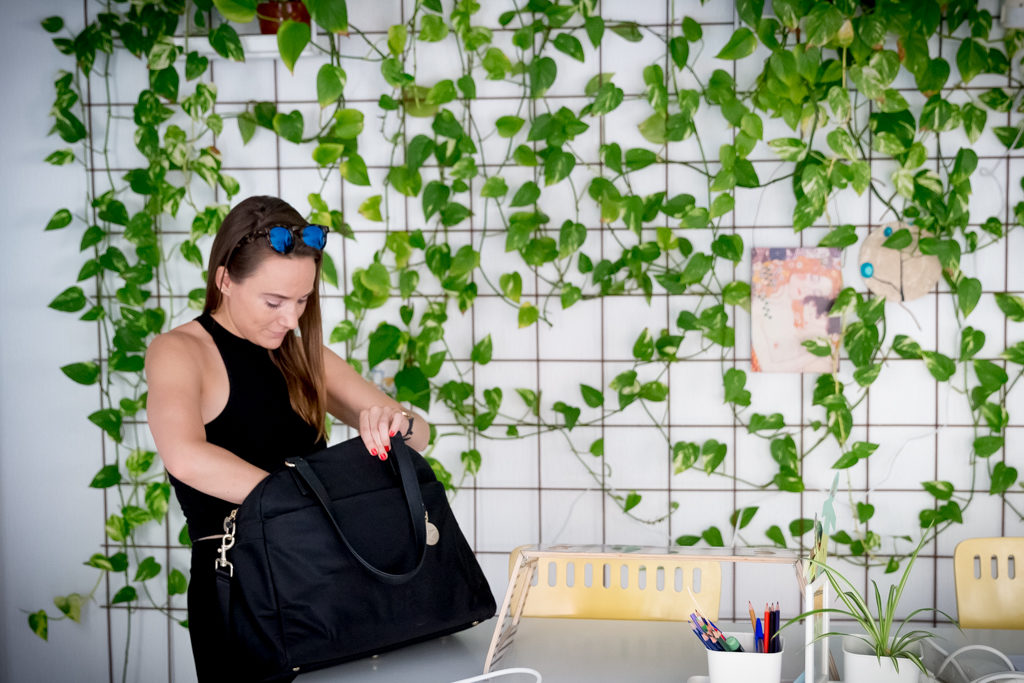
Kim is just the opposite. “I’ve tried so many methods to get things done and stay motivated but the only thing that has been really effective and also more fun is to rent an office space in a co-work environment,” he says.
The advice that has been most effective for Eva? The concept of the shitty first draft.
“Your first draft is always going to be shitty,” she explains. “Just do it. Get it out into the world. Don’t overthink your first attempt at something. After it’s ‘on paper’ you can go back and edit.”
Leah Shoup, a freelance translator, swears by a reward system:
“As silly as this sounds, I have always been motivated by rewards. So, I set mini-goals for myself throughout the day. For example, if I get 1,000 words translated by noon, I can go have a pumpkin spice latte.”
Stéphanie agrees that small wins are key, and creates a new to-do list each day:
“I make lots of lists on paper. I don’t do it online because that doesn’t work for me. I have to visualize my tasks of the day/week,” she says. “Don’t put too much on your list so you can have small successes. That makes it much easier to get things done!”
Some entrepreneurs swear by The Pomodoro Technique, where they work on a single task with no distractions for 25-minute periods with short breaks in between.
For others, the solution is simply setting a schedule that they stick to week in and week out. They wake up at the same time every day. Each day they have specific tasks they need to accomplish, and at least one day a week is set aside to unplug and relax.
Working for yourself and setting your own hours means it’s sometimes hard to shut off; there is literally ALWAYS something you could be doing.
I’ve found working all day every day to be counterproductive, however. If you find yourself procrastinating on a task, get up, go for a walk, and come back to it a few hours later (or even the next day).
Sometimes you just need to step away from your work and look at it with a fresh perspective later on.
At the end of the day, it’s up to each individual to determine which time management and productivity techniques work best for them.
4. Poor WiFi connections
Working remotely means your livelihood depends on your ability to connect, no matter where you are.
Even in today’s hyper-connected world, this can still present a challenge.
“The biggest fear I have when being somewhere foreign is the internet connection being poor,” says Marissa Pedersen, a freelance social media manager.
“I often need to be online for long periods of time when I work on social media and upload photos, so a slow internet connection is the worst. It can make a job that should only take an hour take several hours instead.”
Many remote workers find themselves sticking closely to large metropolitan areas where the WiFi is readily available. Going “off the grid” is simply not an option.
Even in big cities, you have to know where to look. Leah admits, “Finding a good WiFi connection is sometimes harder than you think!”
Luckily, there is an app now available to help you find great spots to work, complete with WiFi, good coffee, and the all-important electrical outlets. It’s called Work Hard Anywhere and it’s free to download.
There are, of course, select cities around the world that have become well-known “digital nomad hubs” due to factors like great WiFi and a low cost of living.
But if you want to expand your horizons beyond Chiang Mai, Berlin, and Medellín, Nomad List will help you find the best match for your lifestyle. Among other search parameters, the site lets you quickly filter cities by Internet speed.
If you don’t want to your travel destinations to be limited by WiFi availability, the solution may be to invest in your very own mobile hotspot like the Skyroam Mobile Hotspot that allows you to connect up to five devices simultaneously for unlimited data anywhere around the globe.
This is a practical solution for those who are constantly on the go and don’t want to waste time searching for cafes or dealing with spotty connections.
5. Travel burnout
Travel burnout. It happened to me, and it has happened to many others in my circles.
The truth of the matter is, for most of us, a nomadic lifestyle is not sustainable forever. And when you’re working from the road, you’ll need much more time in each destination than someone simply traveling for leisure.
“I need to go MUCH slower than someone who is traveling on vacation or a gap year,” Eva says.
“It’s hard to get much work done when you’re packing up and moving on after three or four days. Also, it’s hard to form a routine or community when you’re constantly on the move.”
For me, it was the lack of a community that eventually led me to return to Washington and set up a home base. I still have intentions of traveling, but my trips will be fewer and farther between.
To maintain a location independent lifestyle, I always encourage people to take their time. Stay in each new place for a month at the absolute minimum, both to get the most out of your time there and to give your body a chance to recuperate.
A fast-paced, jet-setter lifestyle may seem glamorous, but travel fatigue is very real.
My other advice for delaying travel burnout as long as possible is to maintain healthy habits. Get plenty of sleep, exercise regularly, cook healthy meals, and find yourself a network of people you can rely on when the going gets tough.
Because the going WILL get tough, but it doesn’t have to mean the end of your location independent lifestyle.
And always remember: Travel is not the be-all, end-all, and coming home does NOT mean you have failed.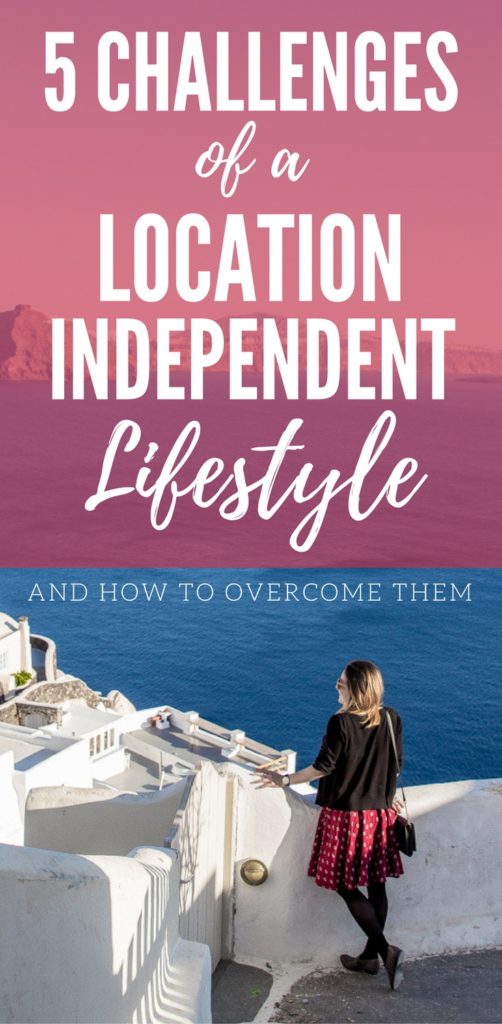
What are the biggest challenges you face while living a location independent lifestyle?
This post contains affiliate links.

